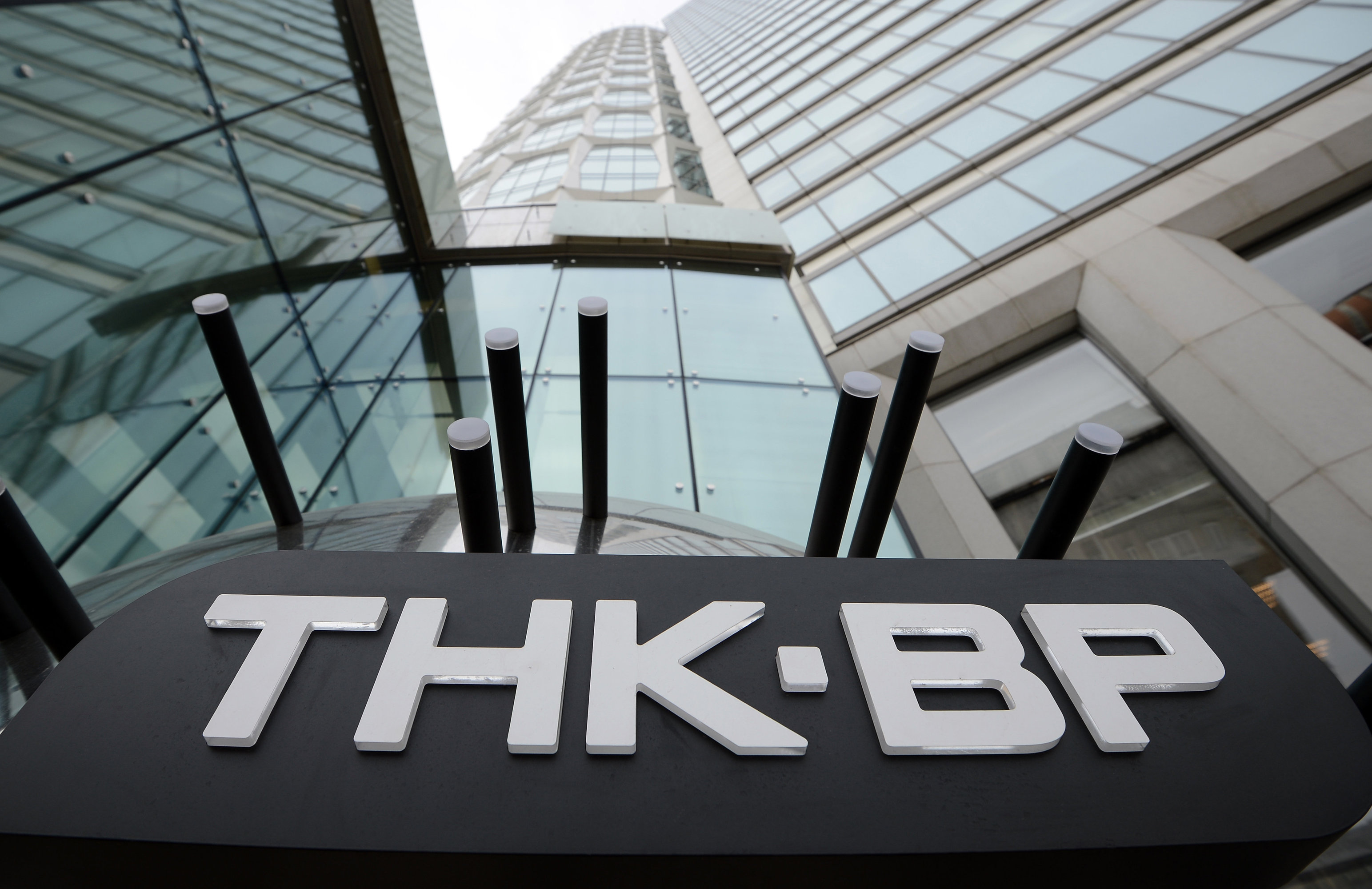MOSCOW, January 24 - RAPSI. The Eighth Commercial Court of Appeals in the Siberian city of Omsk has dismissed the lawsuit initiated by Andrei Prokhorov, a TNK-BP minority shareholder, to recover RUB 288 billion ($9.5 billion at the current exchange rate) from BP Russian Investment Limited (BPRI) and BP p.l.c., a court spokesperson told RAPSI on Thursday.
Prokhorov filed a motion with the court on December 3, 2012 to withdraw the lawsuit. Attorney Dmitry Chepurenko declined to name the reasons for his client's decision.
Konstantin Lukoyanov, the defendant's representative, said that the lawsuit had been initiated as part of a dispute between the main shareholders. Since the latter dispute has been resolved there is no reason to continue the proceedings in this case, he said.
Prokhorov claimed that the amount sought in the lawsuit was equal to the losses TNK-BP Holding incurred from the transaction between BP and Rosneft which never took place. BPRI, Rosneft and TNK-BP Limited directors David Keith Peattie, Brian Gilvary and Lord George Robertson are appealing the ruling.
The legal action stems from allegations that BP PLC and its subsidiary BP Russian Investments Limited, acting as TNK-BP Limited shareholders, forced their boards to turn down a proposal by TNK-BP Holding to form a strategic partnership with Rosneft and to purchase its shares. This lost opportunity allegedly inflicted losses on TNK-BP Holding.
In January 2011, Rosneft and BP agreed on a share swap to allow them to explore in the Russian Arctic, in which the Russian company would get 5% of BP's ordinary shares in exchange for 9.5% of Rosneft shares. But the transaction was blocked by the lawsuit initiated by AAR Consortium, which represents the interests of TNK-BP's Russian shareholders. In June 2011, negotiations on the transaction ceased.
Prokhorov believed that TNK-BP, as a member of the strategic partnership between BP and Rosneft, would have purchased 1.01 billion common shares in Rosneft, whose market value would have increased bringing higher profits to TNK-BP. He maintained, therefore, that the difference between the current fair price of the shares and the price at which TNK-BP would have acquired the stake in the swap was lost profit.



